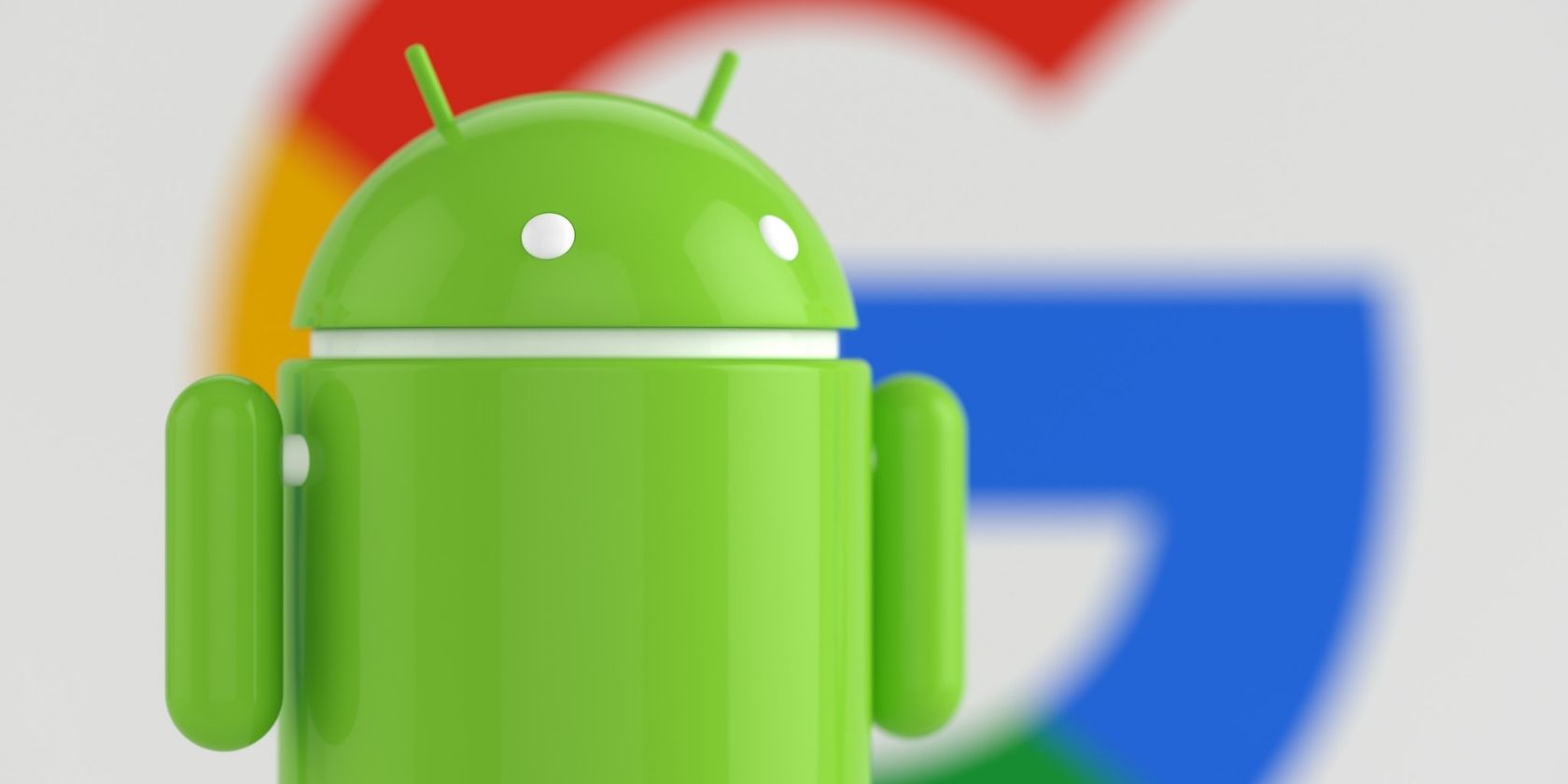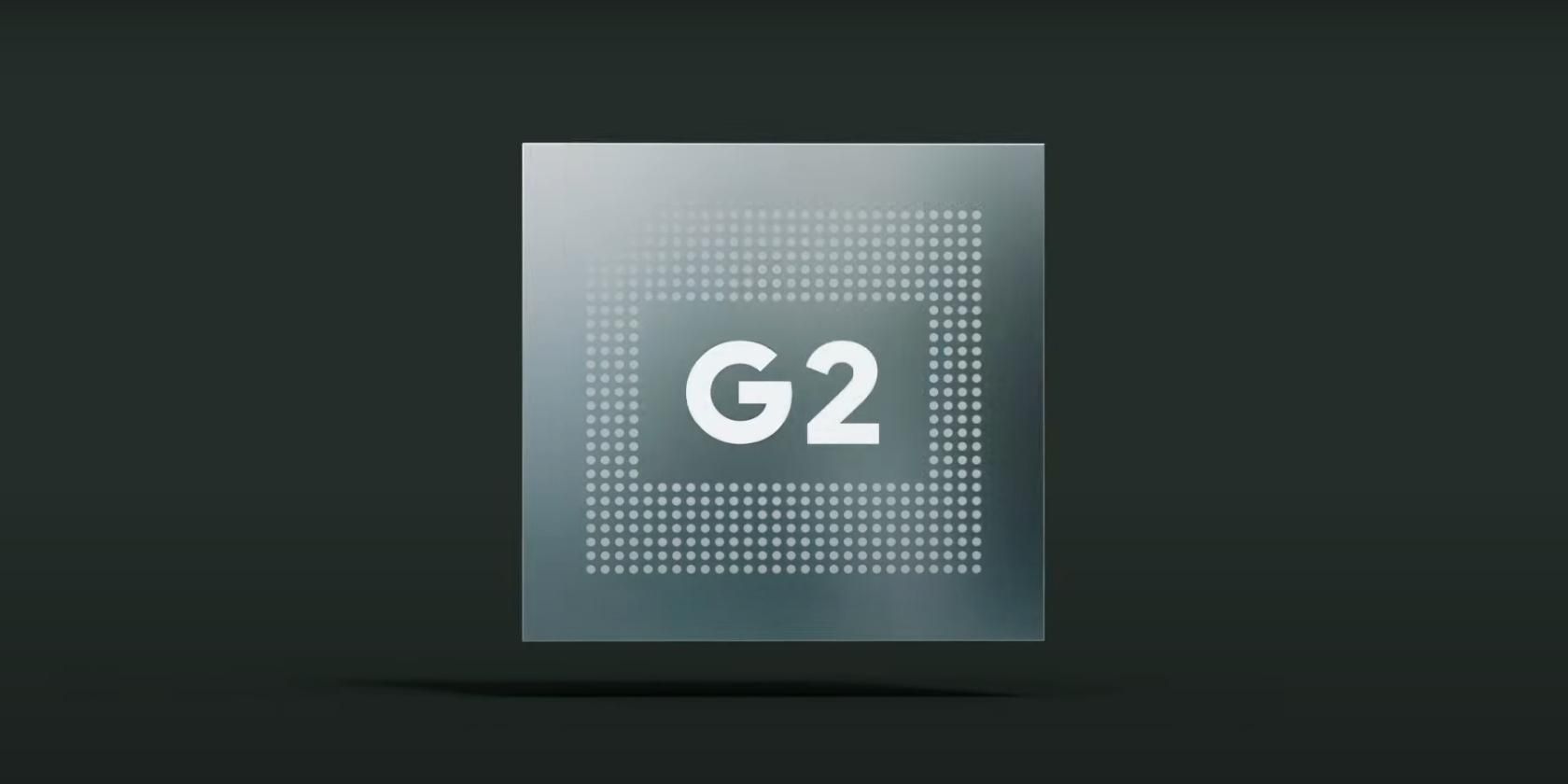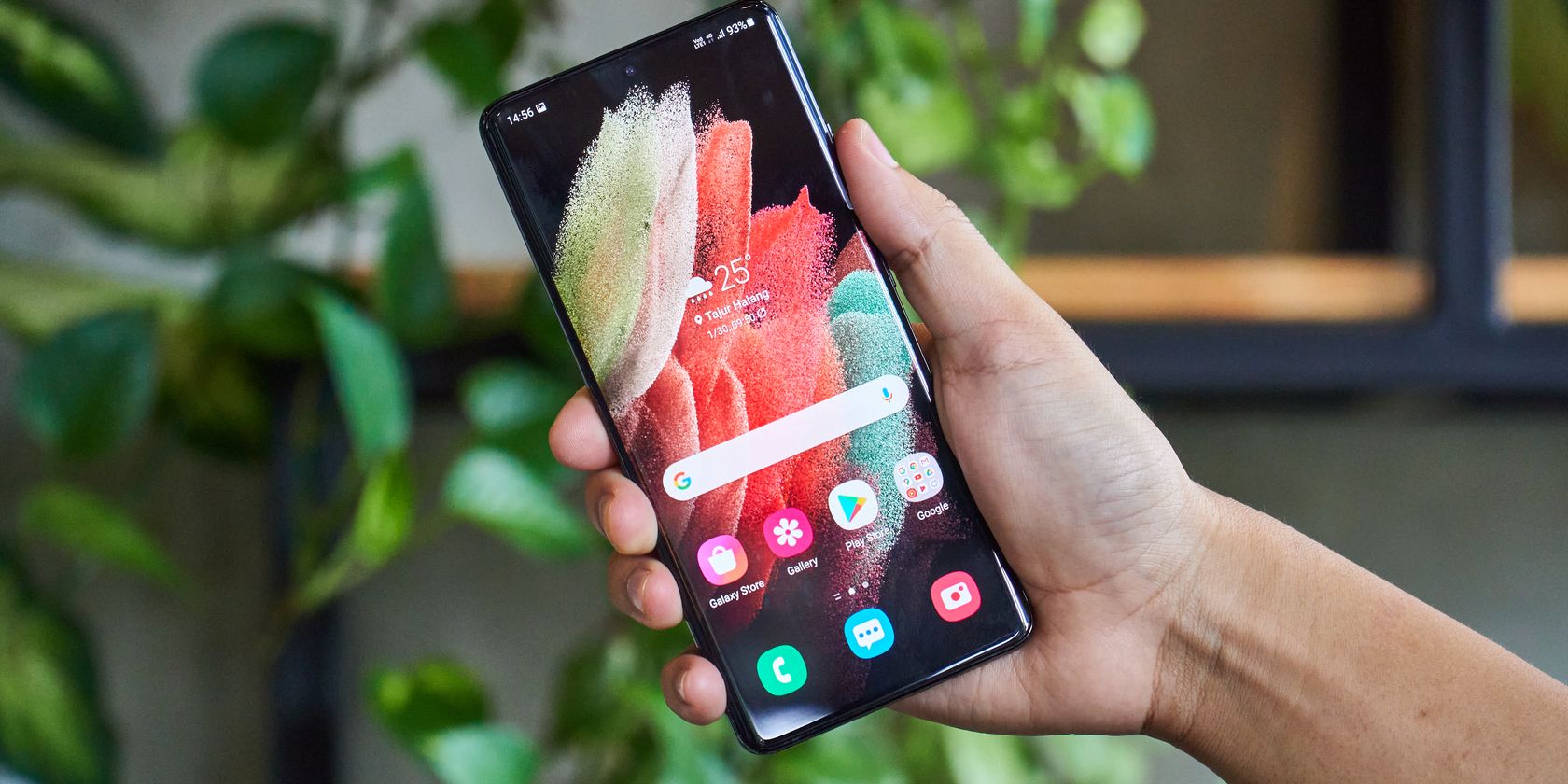Almost all Samsung users complain that their Galaxy devices are full of pre-installed bloatware apps, some of which cannot even be removed. This isn’t a new problem; Samsung has been aware of this problem since the days of TouchWiz, the predecessor of One UI.
But if so, why is the company refusing to address this issue? One word: Google. While Samsung and Google have the same goal of beating Apple, the two companies have a long history of rivalry. That’s why Samsung doesn’t want you to use Google apps.
Because Samsung and Google need each other
Samsung and Google have a symbiotic relationship. On the one hand, Google needs Samsung because it is the world’s largest Android phone maker, and therefore also the largest Google service provider. In a way, Samsung makes sure that Google services actually reach people.
Without Samsung, many Android users would simply switch to the iPhone due to a lack of solid alternatives, which would make Google’s situation worse and prevent it from generating as much ad revenue.

On the other hand, Samsung needs Google because it owns Android and has better know-how in building apps and services. Google services make Android phones more attractive and thus ensure that Samsung users stay loyal and don’t switch to iPhone.
Without Google, Samsung would not be able to compete with the Apple ecosystem on its own. In other words, Google is primarily a software company and Samsung is primarily a hardware company; the synergy of the two is necessary to compete with Apple.
This is where it gets interesting: Samsung hates its addiction to Google. If it were up to Samsung, Galaxy phones wouldn’t even work with Android. Indeed, in 2010, Samsung tried to replace Android by releasing its own mobile operating system called Bada. When that didn’t work, Samsung tried again in 2012 with Tizen, but to no avail.
While Samsung has failed to replace Android, its attempts threaten Google. If Samsung can somehow create a competitive mobile operating system in the future, it could theoretically impose its services on its users. Google services and the Android operating system would then become irrelevant overnight.
Then, in revenge, Google bought Motorola for $12.5 billion in 2012. In a blog post, it said the Motorola purchase “will help protect the Android ecosystem” and “accelerate innovation and choice in mobile computing”. Now, while the post doesn’t mention anyone in particular, it’s reasonable to assume that this move was intended as a warning to Samsung.
If Samsung doesn’t “behave”, Google could use Motorola as a way to compete directly with it. For example, Google could offer Motorola to be the first to get new Android updates and optimize its services to work exceptionally well on Motorola phones to make other brands less attractive.
Seeing this, Samsung has finally agreed to tone down its bloatware apps, preserve the overall look and feel of Android, and make some Google services the default option on Galaxy phones. It’s no wonder Google then sold Motorola to Lenovo in 2014 for just $2.91 billion.
This rivalry is far from over, however. In 2017, Samsung launched Bixby, its own virtual assistant intended to compete directly with Google Assistant, but as we already know, that didn’t work either. Bixby is a good assistant on its own, but you’ll have a hard time getting an Android user to say “Hey Bixby” instead of “Hey Google.”
Today, the partnership between Samsung and Google has become more civilized. As Google looks to expand and strengthen its Pixel product portfolio, it needs Samsung’s manufacturing facilities and hardware expertise to achieve this.
If the two companies work together, Samsung can secure Google a big customer for its manufacturing business. Meanwhile, Google can make sure Samsung doesn’t mess with Android, use WearOS on the Galaxy Watch, and collaborate on future projects.

In fact, the Tensor chipset found in Google Pixel phones is manufactured by Samsung Foundry. In October 2022, Samsung announced it was extending its partnership with Google to streamline their smart home ecosystems, namely SmartThings and Google Home. Some reports also suggest that the Pixel Fold screen being talked about is also made by Samsung.
For context, this partnership doesn’t mean that Samsung should stop developing its own apps and services. It just means that Samsung should prioritize Google services essential to the Android experience, like the Google Play Store, Assistant, Search, and more.
Because Samsung is getting better with software
While Samsung is clearly the king of hardware, it knows that software is the future. How come ? Because once the sale is made, the company no longer has control over the hardware of the product, but the software is infinitely flexible and controllable, and therefore more profitable.
Basically, your phone is just a portal to your favorite apps, so as long as the hardware is good enough, it doesn’t technically matter what brand it’s from. And if you’ve noticed, that’s exactly why Samsung has started to focus so much on software in recent years.
For example, we know TouchWiz was already terrible when it launched in 2010, but One UI has remained one of the best Android skins around since its launch in 2018.

Samsung phones now receive four years of major OS updates, more than any other Android brand, including Google itself. The company is also working with various developers to optimize popular third-party apps like Snapchat and Instagram for Galaxy phones.
Samsung has partnered with Microsoft to bridge the gap between their ecosystems. That’s why when you back up your Galaxy phone, Samsung uses Microsoft OneDrive instead of Google Drive. This is also why the Link to Windows app comes pre-installed on Galaxy devices, so you can instantly connect them to your Windows PC.
All these efforts are aimed at reducing Samsung’s dependence on Google. The problem is that many modern apps and services depend on Google Mobile Services (GMS). For example, WhatsApp uses Google Drive to back up your conversations, Uber uses Google Maps for navigation, and game developers need the Play Store to process your in-app purchases.
In other words, not using Google services isn’t an option for most of us, so there’s not much Samsung can realistically do in this area at this point. Working with Microsoft means keeping as much control as possible in areas where Google isn’t such a strong rival, such as smart TVs, foldable phones, laptops, game consoles and more.
Samsung and Google will remain sworn enemies
The relationship between Samsung and Google is a complicated one, and while it’s more civilized today, we can’t help but feel uneasy about the future knowing how much both companies have done over the years to remain competitive in the industry.
What we do know is that things can change very quickly in the tech industry, and the two tech giants need each other as much as they repel each other. We remain curious to see how the two brands evolve and what the Android community has in store.







Comments
Post a Comment